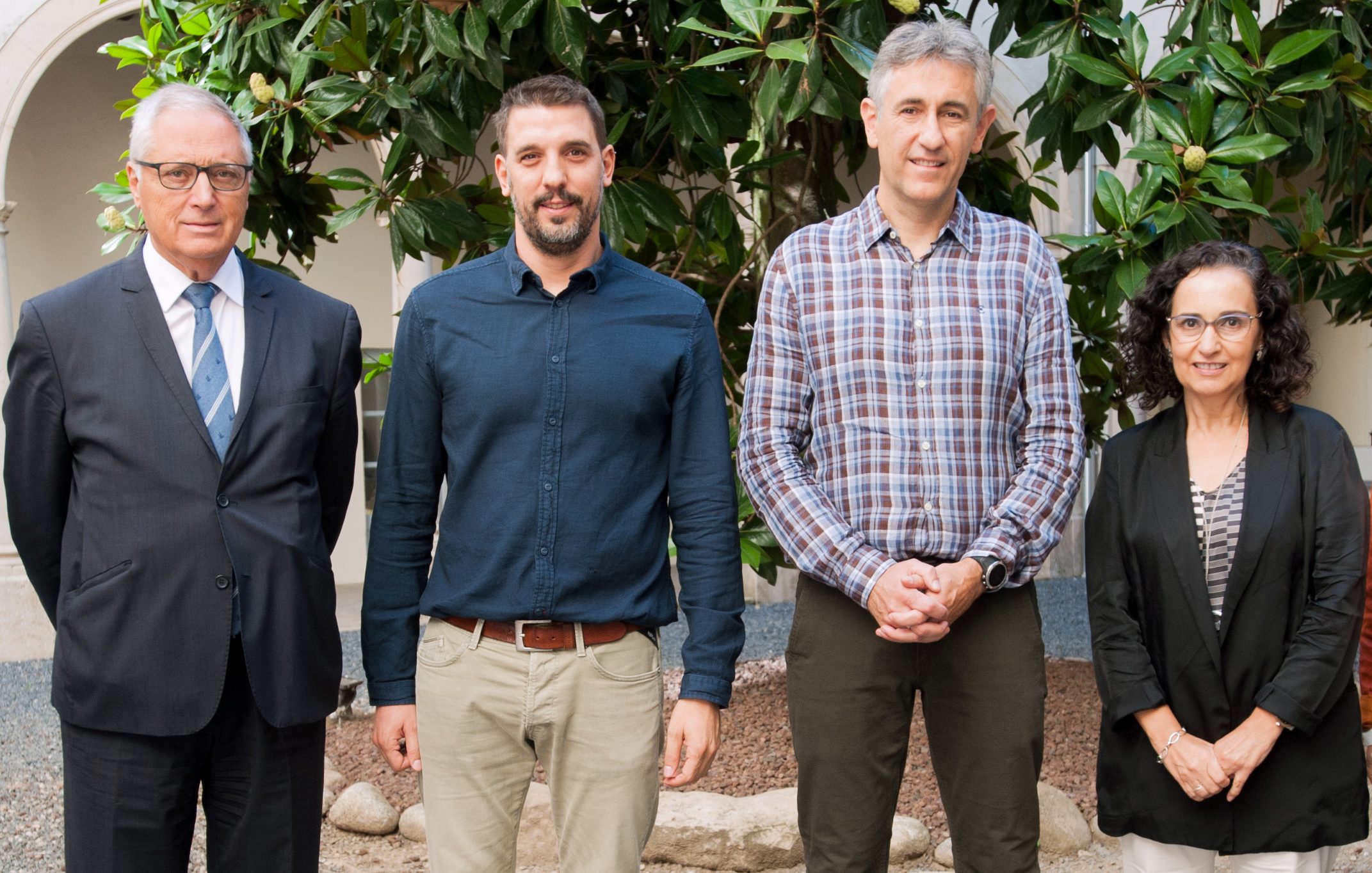
Neurekalab, a spin-off of the UB and the UVic-UCC, is launched to improve learning and reduce school failure
Attention, reading and writing, working memory, numerical processing, and calculation are key cognitive processes that control learning. Low performance in these processes is related to school failure, and although Spain is one of the three European countries with the highest rate of school failure, there are currently few scientifically validated methods of early detection of these difficulties. Researchers Josep Maria Serra-Grabulosa, from the Department of Clinical Psychology and Psychobiology of the University of Barcelona (UB), and Sergi Grau, researcher and dean of the Faculty of Science and Technology of the University of Vic – Central University of Catalonia (UVic- UCC), noticed this lack of methods and decided to create Neurekalab, a spin-off of these two universities that was born with the aim of developing and commercializing digital tools to improve learning and avoid school failure. “For some years now, scientific studies have shown that early detection and intervention of learning difficulties improves the prognosis of these children. This motivated us to develop tools that, on the one hand, would allow early detection of learning difficulties in the classroom and, on the other, would enable a playful intervention,” explains Dr. Serra-Grabulosa.
These researchers have developed two digital products, one for detection and the other one for intervention, which are integrated in the same online platform and can be accessed from any computer with an Internet connection. Di-test is a battery of digital tests for early detection of learning difficulties that has been tested with more than 1.500 children in Catalonia. Nummerus, which automates numerical processing and poses challenges of increasing difficulty, has been created with the aim of re-educating children with dyscalculia —that is, mathematic learning difficulty— and to improve and speed up maths learning. “The use of technology makes it possible to customize content, but above all it must allow children to see it as a game. The combination of these two things increases adherence to treatments and their effectiveness”, explains Dr. Grau.
These tools are designed to be used both in schools and by professionals in clinical psychology and psychopedagogy. The spin-off will also offer an app aimed at families who want extra tutoring in mathematics for their children for a certain period of time. “Our idea is not only to detect learning difficulties, but also to let healthcare and education professionals know each child’s strengths and weaknesses in order to better personalize the learning process,” concludes Dr. Serra-Grabulosa.

